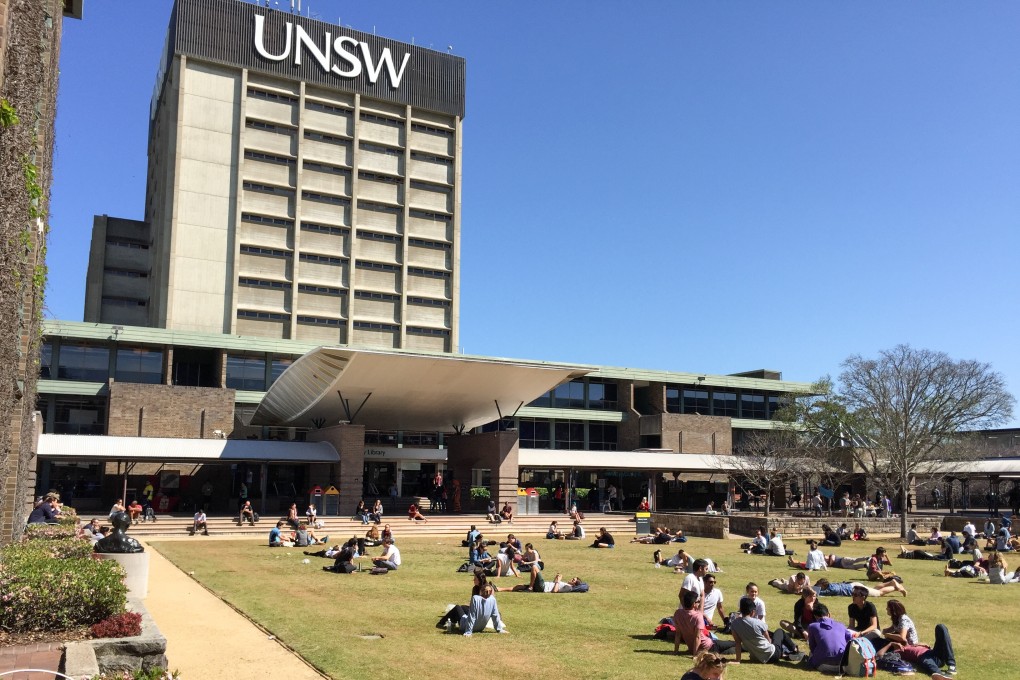Australian university backs tweet deletes after Chinese social media backlash
- UNSW Sydney says it supports freedom of speech but took down posts because they were being misread as official views
- Source quoted in article says she wants the university to clarify what happened

The University of New South Wales Sydney said the views in the article, which triggered an online backlash among mainland Chinese students, were also “being misconstrued as representing the university”.
“The opinions expressed by UNSW academics do not always represent the views of the university. UNSW protects academic freedom and freedom of speech, respecting the right of academics and others to express their views within the law,” it said in a statement on Monday afternoon.

05:50
What you should know about China's new national security law for Hong Kong
The comments came after the university’s official Twitter account tweeted on Friday afternoon a link to an article on the newsroom section of the UNSW’s website titled “China needs international pressure to end Hong Kong wrongs”.
The original tweet quoted comments from Human Rights Watch Australia director and UNSW adjunct law lecturer Elaine Pearson saying: “Now is a pivotal moment to bring attention to the rapidly deteriorating situation in Hong Kong.”
Condemnation on Chinese social media platforms was swift.
“Has UNSW gone crazy? They do not want Chinese students any more?” one commenter said in a WeChat group.
Another commenter on Chinese microblogging platform Weibo said: “UNSW’s political stance is clear enough. I think Chinese students will be wise enough not to choose this school in the coming academic year in order to avoid employment issues back in China in the future.”